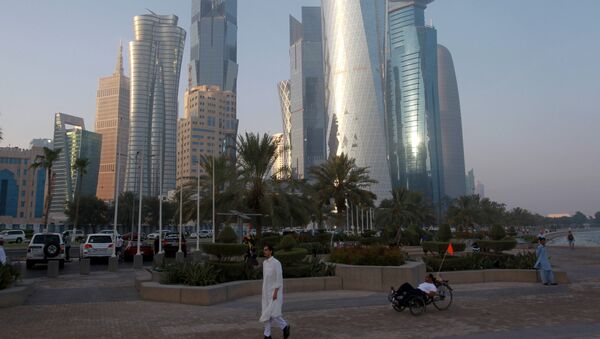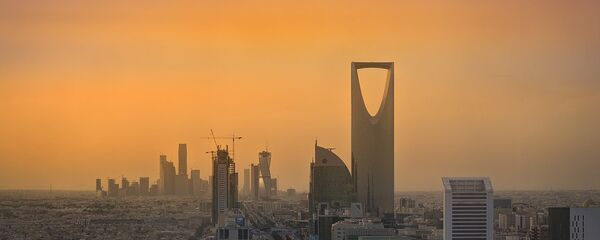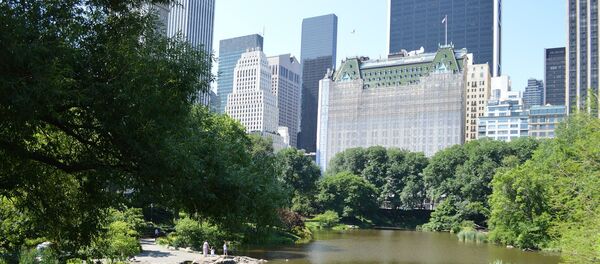Reports have steadily emerged since April that the Saudi government was considering a canal across the Qatari peninsula roughly half a mile from the border. A Friday tweet by a prominent government official seems to further signal that the plans could be legitimate and not simply a public relations stunt or attempt at intimidation.
"As a citizen, I am impatiently waiting for the details of the implementation of the East Salwa island project. This great and historic project will change the region's geography," Saud al-Qahtani, a senior adviser to Saudi Crown Prince Mohammed bin Salman, tweeted on Friday, according to Reuters. The news agency noted that Qahtani has mentioned the canal several times on Twitter over the past few months.
And if that wasn't petty enough, the half-mile gap between the canal and the Qatar border would be turned into a nuclear waste dump, Press TV reported Friday. The waste would come from the 16 nuclear reactors the monarchy plans to open in the next 25 years.
The South China Morning Post noted in April that the United Arab Emirates would be building a nuclear waste dump at the part of its country closest to Qatar, too.
Wait, they also want to dump nuclear waste at the border zone pic.twitter.com/XQmDjlQCbA
— İyad el-Baghdadi | إياد البغدادي (@iyad_elbaghdadi) June 18, 2018
The Salwa Marine Canal Project would be roughly 37 miles long, 650 feet wide and 65 feet deep and would service a military base and tourist resort in addition to the nuclear waste dump, exiting to the Persian Gulf at the Saudi cities of Salwa and Khor al-Adeed, Gulf News reported in June when the Saudi government closed construction applications by interested companies.
The proposed canal would cost roughly 2.8 billion Saudi riyals ($745 million).
In June 2017, Saudi Arabia joined Bahrain, Egypt and the UAE in a boycott on trade and transport links with Qatar, presenting a laundry list of accusations including that Doha sponsors terrorism and has pulled diplomatically close to Shiite Iran, Sunni Saudi's primary rival.
Instead of cowing Qatar, the boycott has pushed Doha even closer to Iran, developing trade links with the country across the Persian Gulf as well as with other regional rivals of the Saudi monarchy such as Turkey and Oman, Forbes noted.
"If you create a canal, you do Qatar a favor because you create a 'moat' to protect them, when now their land borders are fully exposed to Saudi Arabia," Ali Shihabi, founder of the Washington-based Arabia Foundation, told Press TV, noting the canal might serve as a kind of psychological warfare.




